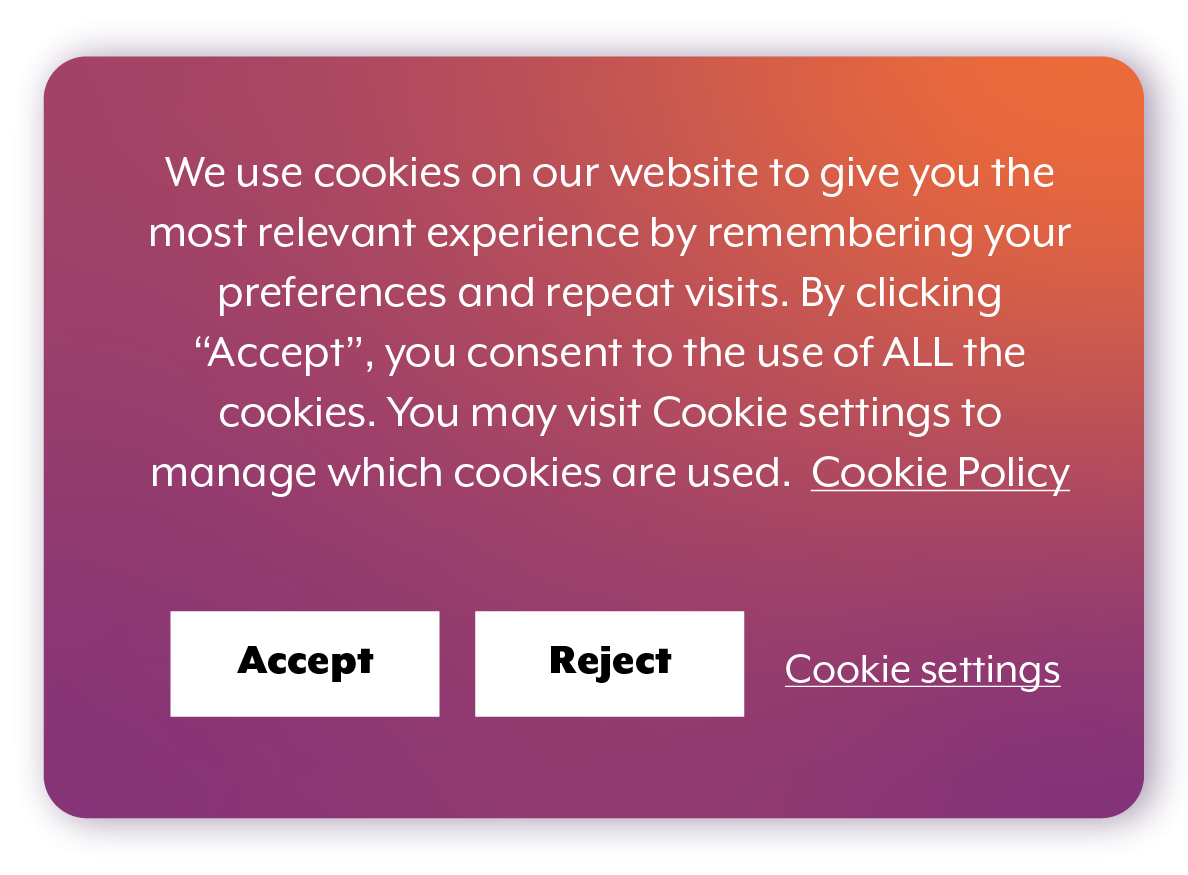The Federal Trade Commission has unveiled shocking data indicating that a staggering 80% of Americans are deceived by cookie consent designs on websites. This revelation is not merely a statistic; it underscores a pernicious trend that exploits user naivety in the name of digital advertising and corporate profit.
Cookie Consent Interfaces Are Deceptive
According to the FTC 2023 Privacy and Data Security Update, many cookie consent interfaces utilize dark patterns—design techniques that intentionally guide users toward less privacy-protective options. The FTC"s findings highlight that while websites have made superficial changes to comply with regulatory consent requirements, the underlying issues remain largely unaddressed. This manipulation of user choice is not only unethical but also a violation of the very principles that should govern digital rights.
Impact on Privacy Rights
The implications of this manipulation are profound. As reported by Reuters, 2023 marks a pivotal year in the evolution of data privacy laws in the United States. Historically, these laws have favored corporate interests over consumer rights, but this shift towards a more protective framework is now being undermined by deceptive consent practices. By trapping users in a web of misleading choices, companies not only erode trust but also risk greater scrutiny from regulators.

FTC chair Lina Khan on playing "anti-monopoly" - CBS News
Legal Framework Is Falling Short
This widespread deception raises critical questions about the effectiveness of the current legal framework governing data privacy. The FTC’s findings suggest that existing regulations are insufficient to protect users from predatory consent mechanisms. As the digital landscape becomes increasingly complex, the need for robust legislation that prioritizes user autonomy and transparency has never been more urgent.
Corporate Accountability Is Lacking
Furthermore, the responsibility for these deceptive practices lies squarely with corporations that prioritize profit over ethical standards. The FTC report indicates a lack of accountability among tech giants who continue to deploy misleading cookie consent interfaces, knowing full well the impact on consumer privacy. As consumers, we must demand accountability and push for stronger regulations that hold these companies accountable for their actions.

Website Privacy Controls | New York State Attorney General
Call for Comprehensive Reform
As we move forward, it is essential to advocate for comprehensive reform that addresses the inadequacies of current data privacy laws. The FTC"s findings should serve as a wake-up call for lawmakers to prioritize digital rights and consumer protection. We are at a crucial juncture where public demand for privacy protection must translate into meaningful policy changes.

![[Video] Anti-ICE Protester Pepper Sprayed as CBP Agents Disperse Crowd in Minneapolis](/_next/image?url=%2Fapi%2Fimage%2Fthumbnails%2Fthumbnail-1768260677127-y71sb7-thumbnail.jpg&w=3840&q=75)

![[Video] Several injured as U-Haul truck drives through Iranian protestors in Los Angeles](/_next/image?url=%2Fapi%2Fimage%2Fthumbnails%2Fthumbnail-1768176682028-q95y6j-thumbnail.jpg&w=3840&q=75)
![[Video] Scuffle breaks out between Trump supporters and Anti-ICE protesters in Times Square](/_next/image?url=%2Fapi%2Fimage%2Fthumbnails%2Fthumbnail-1768165958203-hgcgb-thumbnail.jpg&w=3840&q=75)


![[Video] Gunfire between Iraqi security forces and Sadr militias in Baghdad](/_next/image?url=%2Fapi%2Fimage%2Fthumbnails%2Fthumbnail-1768343508874-4redb-thumbnail.jpg&w=3840&q=75)
